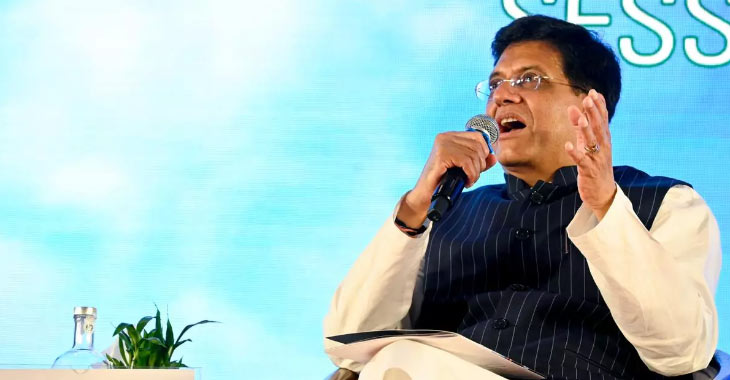Tesla is planning to significantly increase its component sourcing from India to as much as $1.9 billion this year, highlighting the growing electric vehicle component manufacturing industry in the country. However, Tesla’s long-anticipated plans to establish its manufacturing plants in India are still uncertain.
In 2022, Tesla purchased $1 billion worth of automobile components from India, and the company aims to raise that figure to $1.7-$1.9 billion this year, according to India’s commerce minister, Piyush Goyal, who made the announcement at an automotive event in New Delhi.
Goyal expressed optimism about India becoming a hub for new technologies, innovation, and research and development (R&D). He stated that while the Indian auto component industry would cater to domestic demand, components manufactured in India could also be exported to the global market as the same vehicle models are sold worldwide.
Tesla CEO Elon Musk met with Indian Prime Minister Narendra Modi in the United States in June and expressed Tesla’s intention to invest in India and establish a local presence. However, specific details, including a timeline and investment plan, were not provided.
Discussions about Tesla’s entry into the Indian market have been ongoing for years, with various conditions and requirements discussed. Tesla has indicated that it would consider local manufacturing in India once it gains approval to sell and service imported vehicles.
Tesla currently manufactures vehicles and components in five countries, with China being its only Asian production location. India has been considered as a potential site for Tesla’s electric vehicle production since 2021, aligning with India’s ambitions to compete with China in the electric vehicle market.
Electric vehicles have not gained significant traction in India, accounting for only around 2% of four-wheeled vehicles sold between January and July of this year. The Indian government aims to increase this share to 30% by 2030. Currently, local carmaker Tata Motors, along with Chinese companies BYD and MG Motor, are leading EV sales in India, while some global automakers like Hyundai and Honda have yet to introduce electric vehicles in the country



![[CITYPNG.COM]White Google Play PlayStore Logo – 1500×1500](https://startupnews.fyi/wp-content/uploads/2025/08/CITYPNG.COMWhite-Google-Play-PlayStore-Logo-1500x1500-1-630x630.png)